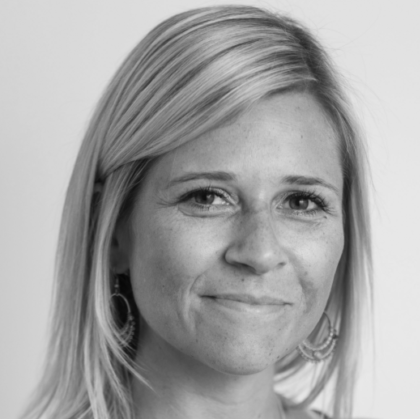
The Data Observatory
Our Work
In the first phase of development the ICE-SRM data observatory aims to provide case examples and policy recommendations to strengthen the linkages and interactions between UNRMS/UNFC and circular economy reporting, policy and industry applications at global and national scales. Applying the FAIR principles, the data observatory is designed to make relevant public and industry data Findable, Accessible, Interoperable and Re-usable.
We apply automated statistical and analytical processes (Reproducible Analytical Pipelines or RAPs) to improve the quality and ensure the repeatability of the analysis and increase trust in the analysis by producers, policy teams and end users. In doing so we improve the efficiency of data collection, cleansing, linking and increase value for the wider resource management community by enabling standardised reporting, traceable methodologies, and scalable integration with national and international datasets.
Our Plans
Initial case examples have been focussed on utilising UK public data assets to develop a common, agnostic, value chain method to pooling data from diverse sources, to produce a series of detailed Sankey charts as the basis for circular economy systems modelling and subsequent connectivity to the upstream UNRMS.
The CE systems modelling provides the means to identify where valuable materials, components and products leak from the economic system, their pathways and their impacts. From this baseline, we test and evaluate individual and packages of circular economy interventions, their implementation and outcomes, which are then translated into policy recommendations, including support for UN SDGS and UNRMS
The UN data observatory demonstrator is currently funded by Defra through two fellowships focussed on plastics and glass, and a team of two Exeter staff and two associates. This demonstrator provides pre-validated public data sources within a common Sankey and value chain structure, a complete navigable data directory for all data sources and transformations and a working policy scenario explorer, to illustrate the effects of specific policy interventions on material flows.
In the next phase of development collaborative case studies are under development that connect different material flows at product and sectoral scale, Our first collaborative case ,automotive, combines the data and expertise of Swansea (steel), Brunel (aluminium, copper, nickel) , BGS and Exeter (critical minerals).
Team

Peter Hopkinson
Circular Economy Data Lead
Peter is a Professor of Circular Economy; he set up the Exeter Centre for Circular Economy (2018), is the Co-Director of the £30M UKRI national Circular Economy Research Hub (2022-2024), and within this is overseeing the creation of a a distinctive CE data framework and modelling approach to ensure consistent policy, whilst being flexible to allow diverse data sources and KPIs, to feed across into a common re-usable and extensible dashboard.

Markus Zils
Professor Circular Economy
Markus is Professor of Circular Economy and Management Science at the University of Exeter, and Co-I with both the Exeter CE-hub and the Met4Tech Centre. In both roles he plays a leading role in the advancement of CE data observatory activities, outputs and outcomes orchestrating diverse projects and data methods including MFA, system dynamics and economic modelling.

Fiona Charnley
Professor Circular Economy
Professor Fiona Charnley is Co-Director of the Exeter Centre for Circular Economy and the UKRI National Interdisciplinary Circular Economy Hub at the University of Exeter Business School. Her research focuses on design, innovation and manufacturing for a circular economy, working closely with industry to develop practical solutions that reduce waste and extend product life.
She leads a number of government and industry-funded projects, including initiatives on data-driven circular strategies and smart materials. Fiona also supports businesses and future leaders through education and training, and was recognised in 2018 as one of the Top 50 Women in Engineering by the Women’s Engineering Society and The Telegraph.
Latest Reports
Webinar: Closing the Circle – Embedding UNRMS in the Circular Economy
By Craig Withers, University of Exeter. Webinar: Closing the Circle – Embedding UNRMS in the Circular Economy We are pleased to announce our upcoming international webinar, Closing the Circle – Embedding UNRMS in the Circular Economy, which will explore how the United...
UK ICE-SRM at UNECE Resource Management Week 2025, Geneva
By Craig Withers, University of Exeter. The UK ICE SRM team had a strong and diverse presence at the UNECE Resource Management Week in Geneva this year from 24th till the 28th of March. The event hosted and heard from international experts, policymakers, researchers,...




